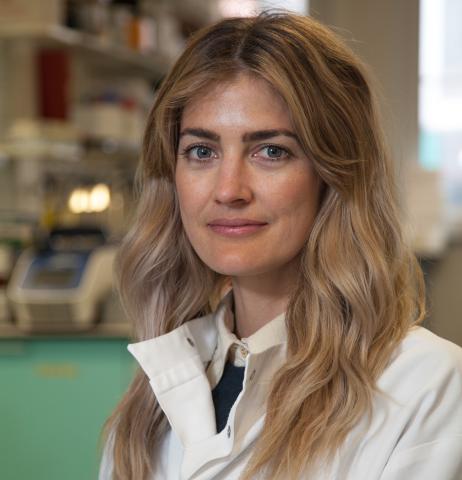Benjamin Smarr

My research focuses on time series analysis in biological systems, with an emphasis on practical information extraction for translational applications. The lab is divided into applications and approaches, though these all serve each other, and students collaborate routinely. Indeed, a positive attitude and an eagerness to support one another is requisite in the lab. **Applications include but are not limited to: illness detection, prediction, and recovery monitoring; pregnancy detection and outcome forecasting; mental health monitoring; defining sleep in the body (as opposed to EEG); diabetes forecasting; and carbon footprint optimization of distributed computer systems. **Approaches include, but are not limited to: multimodal time series information extraction; differentiating multiple outcome types from random assortment; reduction of high dimensional spaces with both modality, individual, and time series components; explicable machine learning model development; non-stationary signal analysis; novel approaches do diversity mapping and phenotyping from physiology and behavior data. I seek to find a fit with each individual and the lab’s ongoing projects; no one comes in and is just given marching orders – you’ll do better work when it’s the work that you actually want to do!


